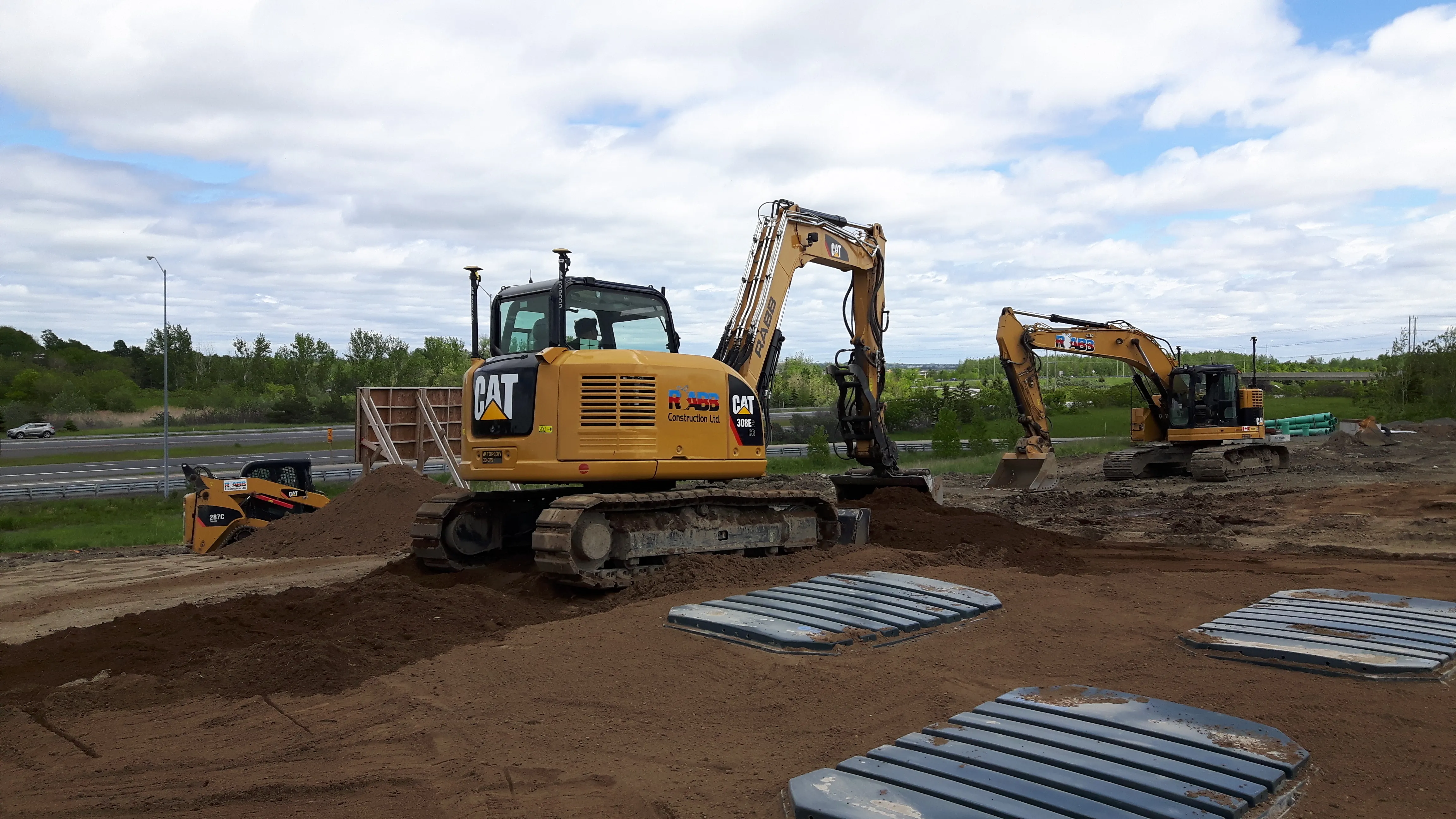Canada’s Alberta province is considering a US$1.2 billion upgrade to its High Load Corridor that recently saw transportation of an 820 tonne petrochemical pipe.
The 96m long tower – equivalent to a football pitch in length and about two lanes wide - was made in the capital city Edmonton, loaded onto a special trucking unit and driven the 38km to Fort Saskatchewan, mostly along provincial Highway 14 and then 21.
The journey took four days and the tower, a polypropylene-propane splitter - will be installed at the Heartland petrochemical plant, one of many such facilities in Fort Saskatchewan.
Planning for the trip took the Edmonton officials more than a year and included guide vehicles and safety personnel accompanying the load. Care was taken to distribute the load over several trailers and multiple wheels. Any damage to road infrastructure is to be paid by the pipe owner, InterPipeline, noted newspaper reports.
This was the heaviest load to be transported on Alberta roads that are designated as part of the High Load Corridor, according to reports by local media.
It comes after a recent study by the provincial government that looked into upgrades to the 3,500km of the province’s High Load Corridor. Improvements would include bridge strengthening, road widening and the creation of staging and rest areas for overnight parking during a journey.
The Alberta government has defined the corridor as roads which have had their overhead utility lines raised to accommodate loads up to 9m high unless noted otherwise. Initial corridor construction was funded by the province’s department of transportation with the cost recovered from the users of the corridor in the form of permit fees.
Heavy going for heavy loads in Canada’s Alberta province
Canada’s Alberta province is considering a US$1.2 billion upgrade to its High Load Corridor that recently saw transportation of an 820 tonne petrochemical pipe.
The 96m long tower – equivalent to a football pitch in length and about two lanes wide - was made in the capital city Edmonton, loaded onto a special trucking unit and driven the 38km to Fort Saskatchewan, mostly along provincial Highway 14 and then 21.
The journey took four days and the tower, a polypropylene-propane splitter - will be instal
January 9, 2019
Read time: 2 mins








